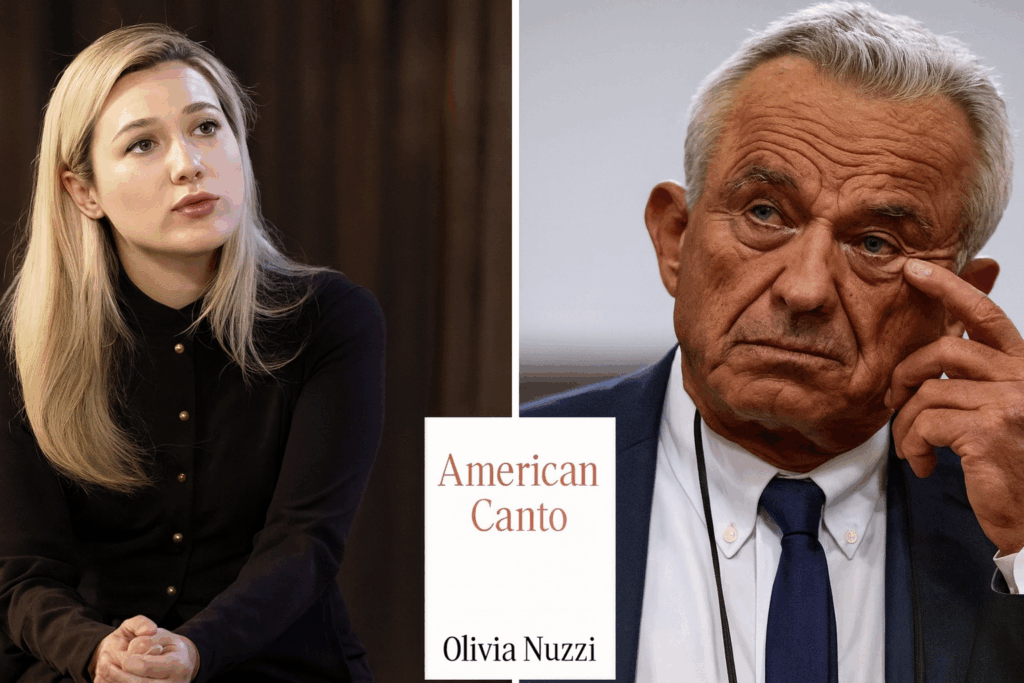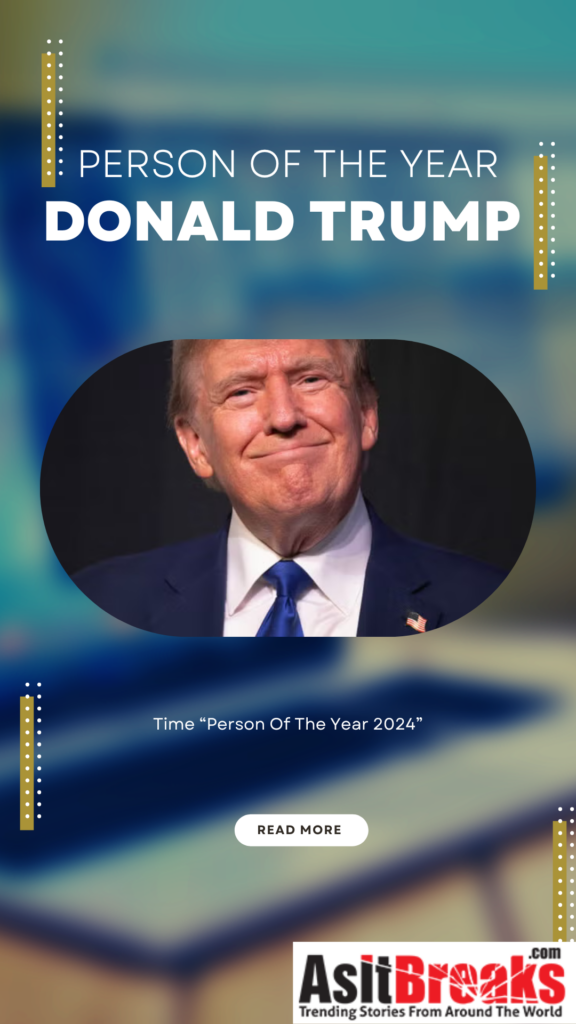Former political journalist Olivia Nuzzi is re-emerging, not only as a reporter but as the author of a forthcoming book detailing her “digital affair” with a high-profile political figure, widely understood to be Robert F. Kennedy Jr. Her memoir, American Canto, alleges a more emotionally intense relationship than previously acknowledged.
Nuzzi, 32, says the relationship began after interviewing the politician during his 2023 presidential campaign. She writes he first said, “I love you,” and that she reciprocated: “I love him, I thought. Oh no. I love him so much.” He nicknamed her “Livvy,” wrote her poems, and claimed he would “take a bullet” for her.
Nuzzi claims he wanted her to have his baby and describes his use of psychedelics, including DMT, despite being publicly sober for decades. She also admits to taking Adderall and discusses her preference for stimulants.
The book describes the pair picking favorite features; she loved his “nose” and called his eyes “blue as the flame,” while he loved her mouth. She also recalls seeing him flossing and a dopp kit filled with prescriptions.
For Nuzzi, these revelations come after a year of being out of the media spotlight. Her relationship became public in late 2024, triggering her departure from New York Magazine and the breakdown of her engagement to fellow political reporter Ryan Lizza. She has since been hired as West Coast editor at Vanity Fair.
Nuzzi emphasizes the relationship was never physical, but says it should have been disclosed to prevent the appearance of conflict: “The relationship was never physical but should have been disclosed to prevent the appearance of a conflict.”
From a broader vantage, the memoir invites reflection on the intersection of journalism, power, and personal relationships. When a reporter covers a politician and then becomes emotionally entwined, questions of objectivity, transparency, and professional boundaries inevitably arise. The fact that Nuzzi’s subject was a high-profile presidential contender and later a cabinet official only intensifies the stakes.
Nuzzi notes that readers may dispute her account, stating, “I am not trying to prove anything.” This caveat may not change the impact, as her narrative suggests the relationship went far beyond professional detachment.
As American Canto approaches its release date — reportedly Dec. 2, 2025 — the publishing of these private details into public discourse could ripple through multiple spheres: media ethics, political culture, and personal accountability. The narrative is intimate yet institutional, bridging personal confession and public consequence.
For Nuzzi, the book marks a shift from reporter to subject and observer to participant. Whether seen as reckoning or self-reckoning, it illustrates how personal and professional spheres can intersect. In her words: “What is a politician? Any man who wants to be loved more than other men and through his pursuit reveals why he cannot love himself.”
As American Canto reaches readers and its revelations circulate, the significance extends beyond romance. Nuzzi’s account exposes the weighty consequences of intimacy and secrecy within the highest echelons of power—reminding us that when public figures drop their guard, the ripple effects can reshape both personal lives and the institutions that frame them.


